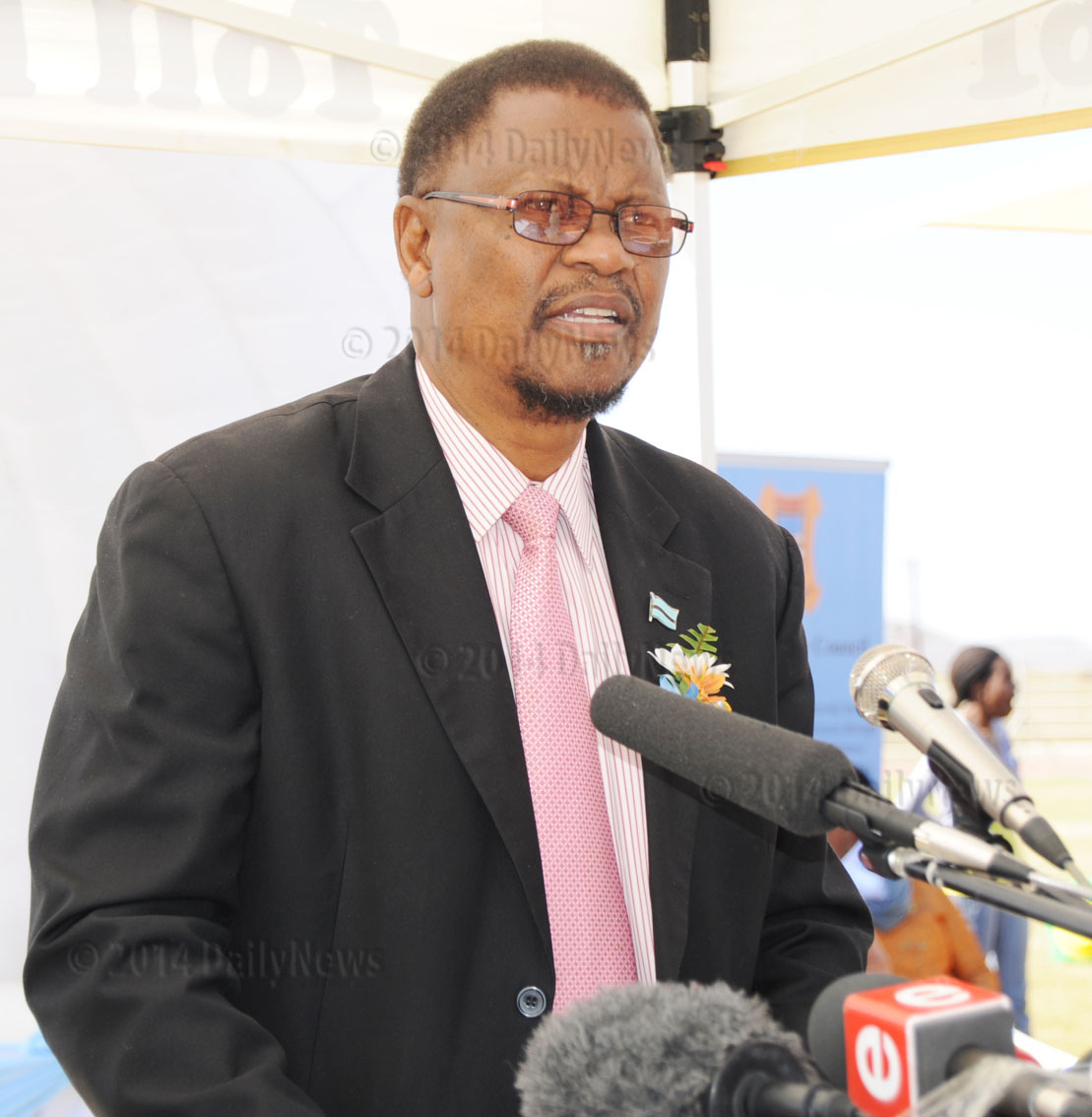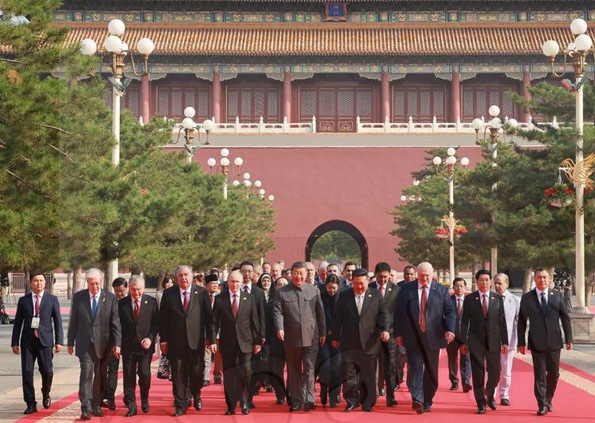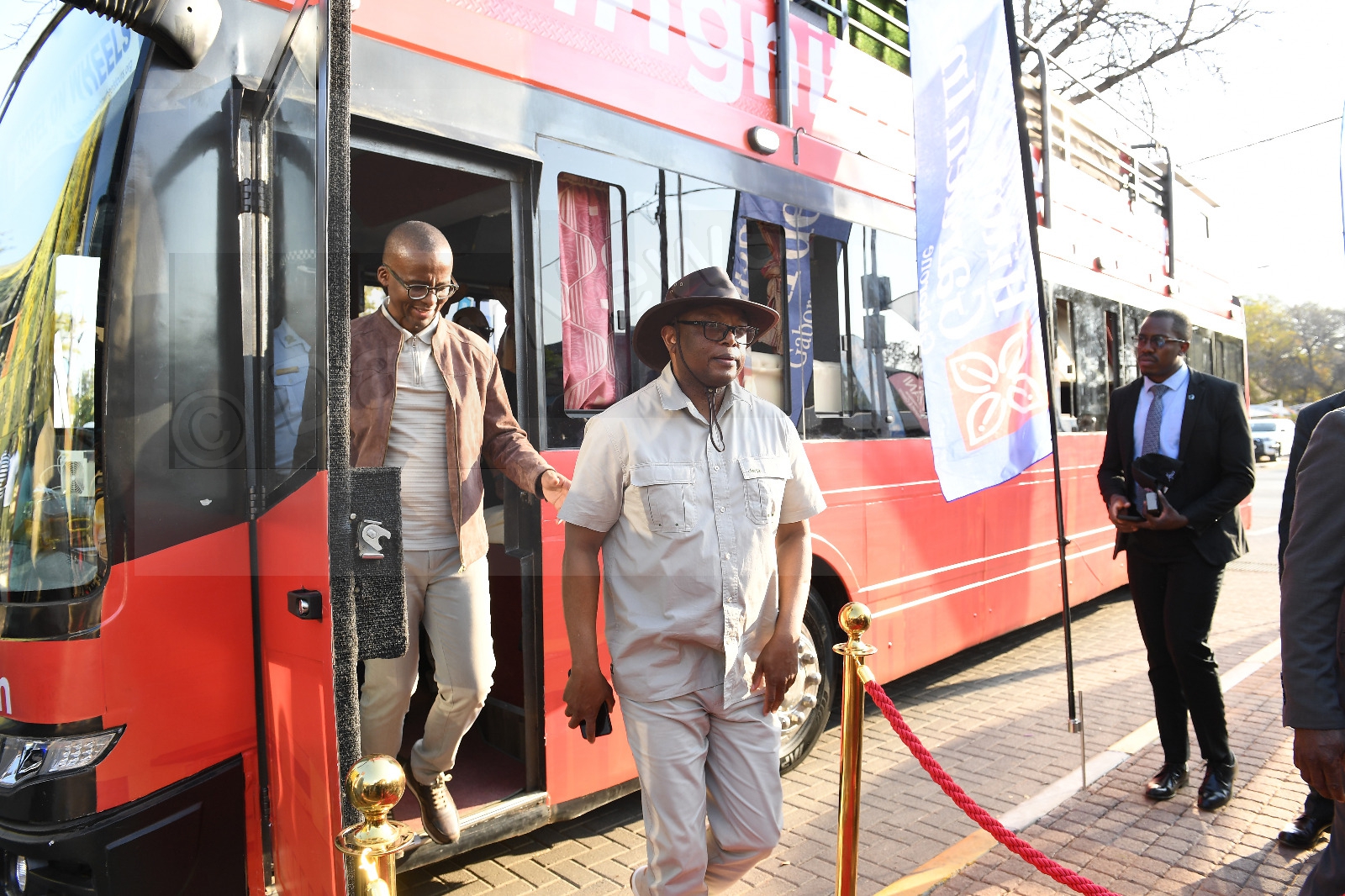Goverment sets out to uproot poverty in Okavango
20 Mar 2014
The Minister of Local Government and Rural Development says government has come up with four interventions costing over P20 million in a bid to ensure food security, reduction of unemployment rate, provision of houses for households without durable shelter and speed up poverty eradication processes in the district .
These interventions followed the poverty assessment made in the area towards the end of last year by a team of experts from the ministry, other relevant ministries and the district staff.
Addressing a full council meeting, Mr Peter Siele explained that the four interventions included provision of emergency food packages to 3 000 households comprising of 15 300 people for 14 months (from February 2014 to March 2015) at a cost of P5 850. He said this had been done and consignments delivered to beneficiaries.
The second intervention was increasing the Ipelegeng quota to create employment to 521 people for 12 months , construction of two-roomed houses for 150 households for 12 months (April 2014 to March 2015) as a cost of P7 . 5 million. The last intervention is having additional poverty eradication projects.
This includes five individual projects per village and one community project per village in 33 villages for 12 months at a cost of P3 million. Mr Siele urged councillors to ensure that the sub district personnel delivered the projects within the implementation period to all the selected beneficiaries.
He also emphasized the need to work as a team to achieve prompt service delivery. The minister also advised the council to be prudent in use of public resources and said that they should enhance their supervision, accountability, consultation, communication and feedback efforts.
“We need to be prudent with the resources at our disposal and have our priorities right. As government, our commitment must be based on people’s concerns, needs and aspirations,” he added.
Mr Siele also said in the same vein, the existence of councils must be fully justified by the quality of services they offer to the customers to improve their lives.
He said regardless of the challenges facing the economy, they must do more with less and improve on service delivery in every development agenda that they undertake.
He appealed to the councillors to be transparent to their constituents about the state of the economy in terms of its ability to generate the required revenues to finance development and recurrent expenditure.
The council was also urged to step up revenue collection efforts and explore ways of expanding their revenue base following the enactment of the Local Government Act, 2012.
The act empowers councils to make own revenues from rates, property rental, licenses and permits issued and interest on investments. Mr Siele urged the council not to only depend on government Revenue Support Grant (RSG) because this is neither desirable nor sustainable, but rather, to step up revenue collection and expand its revenue base. ENDS
Source : BOPA
Author : Esther Mmolai
Location : MAUN
Event : Full council meeting
Date : 20 Mar 2014










